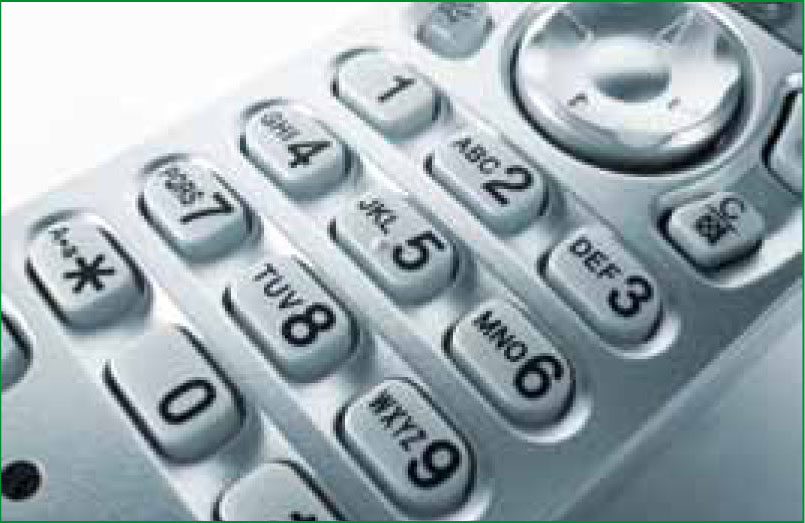Onset of acute stroke is a time critical emergency with rapid access to appropriate stroke care reducing mortality or minimizing the level of residual disability after a stroke.This study explores factors that influence people's decisions about when to make the call to the emergency medical service (EMS), and what their experiences are of this interaction.
Using a qualitative approach, 50 participants were interviewed within 2 weeks of the event. Of these, 68% were female and the group had an age range of 24–83 years (median age, 62 years). Participants were eligible for inclusion if the patient was admitted to hospital with a diagnosis of acute stroke and had been conveyed by ambulance after either a 999 call, or activation of a personal medical alert system.
The participant was the person who made the call. In fact, only one patient made the 999 call; 41 people knew the patient (friend or relative); 6 people were bystanders not known to the patient; and 2 admissions were the result of activating the personal medical alert system.
The semi-structured interviews were recorded and transcribed verbatim. Clearly the researchers involved patient representatives both in the development of the research instrument and also the analysis, but it would be useful to provide some examples of the 19 questions comprising the semi-structured interview schedule to give readers a flavour of the interview.
Using a constant comparative approach, content analysis facilitated the emergence of 4 key themes: perceived seriousness of the situation; seeking and receiving lay or professional advice; description of stroke symptoms by the caller; callers’ emotional response to acute stroke.
In total, 40% of patients in this study did not receive immediate treatment because the callers delayed making contact with the EMS.

The authors identify some limitations in the study including potential for recall bias even though participants were interviewed within 2 weeks and difficulties in contacting bystanders who made the 999 call but who were not known to the patient, hence the researchers feel this group was under represented.
It is interesting to note that the researchers did not approach relatives/ carers of patients who were still critically ill or who had died. This decision is to be applauded and demonstrates appropriate levels of sensitivity within research, although it is possible that this group of people could provide rich insight around the primary objective of the study.
The researchers conclude that, at times, there were delays to the provision of urgent care as some callers felt they had to seek advice and support from other sources before activating the EMS; the structure of the questioning by the call handler did not always allow the caller to communicate the full extent of the situation; there appears to be a need for more public education to improve lay knowledge about a wider range of stroke symptoms.
